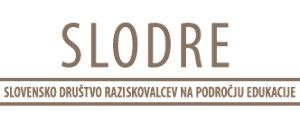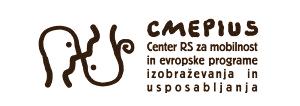Education and educational policy research or on the relationship between the “kings” and “philosophers”
One of the key principles of modern school reforms is that it should be “based on research findings” and one of the main motives of the research is that the results of our work are “relevant”. It could be expected that the relationship between education research and educational policy is a happy union. The demand that there should be a close and productive link between the policy-making process and process of policy research looks expected and nonproblematic at first glance. Moreover, even the principle, that this link should include certain restrictions on both sides, does not appear to be problematic: the policy-making process should not be based on unreflected and professionally controversial decisions, based on particular ideological beliefs. What is more, recommendations, and in particular the research arguments, should not be undermined by the first counter-argument, and they should be able to offer answers and alternatives to possible criticisms. Nor should public policies be remote from the “real world”, and research should not be locked in “ivory towers”.
However, it is known from the experience that the relationship between policies and research can be very ambivalent, rather similar to what is happening in personal life: the relationship is complicated and at times ambivalent, if not even inclined to conflict. Contemporary requirements for “effective system management” create a discourse, which in many ways differs substantially from the discourse posed by the traditional intellectual necessity of “impartial search for truth”. The dichotomy of these two discourses is by no means the discovery of our time. To Plato’s famous assumption of “philosopher-king” as a solution to the conflict between knowledge and power, Kant responded two thousand years later with the words that utopia, where “a king is a philosopher and philosophers are kings,” should not be expected or even wished for in an enlightened era. On this conceptual background, the author tries to consider how this dichotomy is reflected today and how this and the next generation of public systems researchers and policymakers are facing these dilemmas.
The lecture was held in the Slovenian language.
 PEDAGOŠKI INŠTITUT
PEDAGOŠKI INŠTITUT



